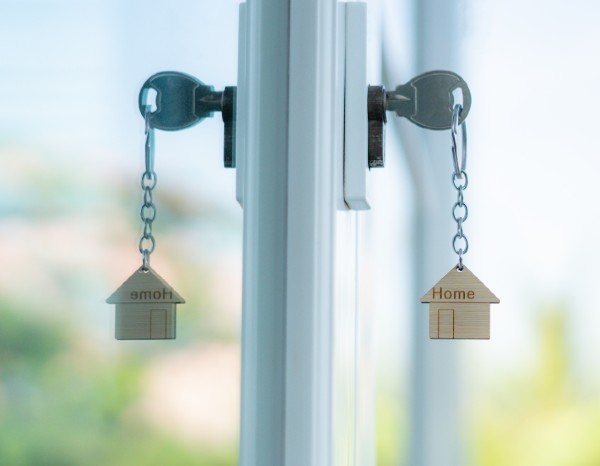
We are often asked about the financial and tax implications of buying a second home. Sometimes the attraction of a country or seaside retreat might inspire you to think about having another property. Or maybe you have spare cash or income and are wondering if a second home could be a good investment.
Whatever the reason, before you take the plunge, there are several points to consider.
The costs of buying a second home
In addition to the purchase price there are a number of other costs to think about that may impact on your decision.
- Stamp Duty Land Tax (SDLT): This is one of the significant costs to consider. For second homes, there’s an additional 3% surcharge on top of the normal SDLT rates.
- Council Tax: Second homeowners in England should also be aware of potential increases in council tax. From April 2025, under the Levelling Up and Regeneration Act 2023, councils will have discretion to charge up to 100% more in council tax on furnished homes not used as a main residence. This means you could end up paying double the usual amount.
- Insurance: Because they’re often unoccupied for periods, insurance premiums are sometimes increased for second homes.
How will you pay for it?
Unless you have cash available to buy a second home outright, it’s important to consider how you will finance your purchase. There are essentially two options.
- Mortgage: Meeting the conditions to get a mortgage on a second home can be challenging. For instance, a higher deposit is often required than would be the case for your main home. An interest-only mortgage could help to keep the costs down, but over the long term you’ll still need a repayment plan.
- Equity release: Your main home may have equity that you could release to fund your purchase. You might be able to borrow on the value of this equity using an equity release scheme. These have risks though, so you should get expert advice if you are considering this as an option.
Are there any tax implications to think about?
Besides SDLT, the tax implications will depend on how you plan to use your second home and what your future plans are for selling it.
- Tax on rental income: Some second homeowners rent the home out for a period or use it as a holiday let. These can be good ways of helping to cover your costs if you don’t plan to live in the property yourself. However, any rental income you make will need to be declared on your tax return. On the plus side, some of the costs of running a rental property can be offset against the income.
- Selling your second home: When you sell your second home, any profit will be subject to Capital Gains Tax (CGT). The gain is calculated as the difference between the purchase price and the selling price, minus any allowable expenses and reliefs. This is different to the situation where you sell your main home, which is usually tax-free. If you plan to permanently move to your second home at some point in the future, then any gain you make from that point onwards could be tax-free.
Given the complexities of tax regulations around second homes, it’s essential to get expert advice. As your accountants, we can help you navigate these rules and make informed decisions. Please just give us a call and we’ll be happy to provide you with personalised advice.


.jpg)
.jpg)




